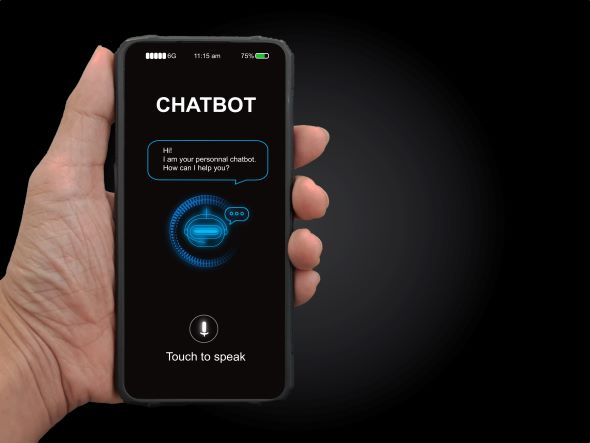COMM 4120U – AI, Ethics and Communication

Artificial Intelligence (AI) is automating human abilities and work. This course will query how people will work as communicators with autonomous AI agents, such as digital assistants, social robots, or AI writers. It will address the manner through which communicators are contextualizing their work on AI platforms that involve natural language generation, machine-learning, predictive analytics, or other AI functional applications. As literacy practices change with the use of autonomous agents, this course will provide opportunities to discuss public sphere issues such as manipulation of visual information (e.g., political deepfakes), racial and gender algorithmic bias, and automated journalism. The course will draw on a set of AI ethical principles (drawn from both international governance and technical organizations) to guide discussion toward achieving ethical practices, standards, policies, and regulations in the field. Theoretical grounding will be drawn from media studies (critical technology studies), human-computer interaction, and technical communication.
